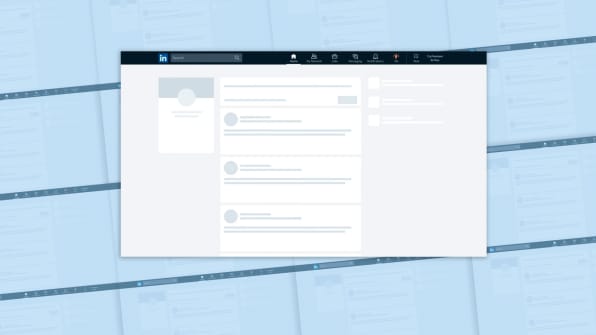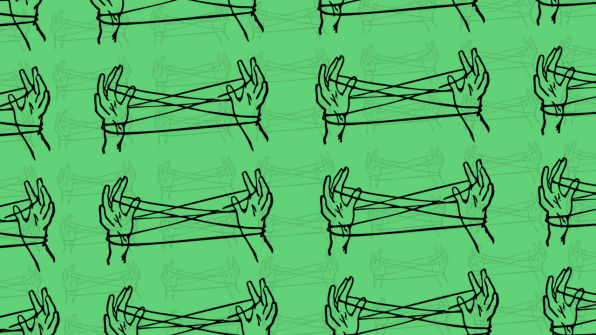From Early Birds’ Habits To Shorter Workweeks: February’s Top Leadership Stories
This month we learned how early risers make it happen (plus what they gain and what they don’t), which phrases and expressions to avoid in salary negotiations, and what it takes to wrap up your workweek before Friday rolls around.

1. What Happened When I Forced Myself To Wake Up At 5 A.M. Every Day For A Month
Carving out an extra hour or two each morning may sound like a dream productivity hack you’ve never been able to, well, hack. But one writer gave it a shot, and discovered there are pros and cons to rising early. Here’s what she found.

2. Nine Words And Phrases To Avoid When You’re Negotiating A Salary
According to one careers expert, a definitive “yes” can be just as perilous as a hard “no” when it come to salary negotiations, which are all about leveraging the gray area. This month we learned which expressions to avoid when you’re trying to nail down a number you’ll be happy with.

3. Four Secrets Of People Who Finish Their Workweeks On Thursday
Your company may not be one of the lucky few that have switched to four-day workweeks lately. But there’s nothing stopping you from reorganizing your own weekly workload. The Muse’s Kat Boogaard explains how some people are figuring that out on their own.

4. LinkedIn Just Rolled Out A Redesign—Here’s How To Clean Up Your Profile
LinkedIn recently launched a big makeover to its web browser version. That means there’s no better time to revisit your own profile. And according to one writer, updating it to fit LinkedIn’s new look is all about paring down and ditching old info. Here are four cuts you can make right away.

5. Four Common Email Phrases That Make Recipients Reach For “Delete”
Are your emails coming off as passive-aggressive? Or just unintentionally annoying for other reasons? The Muse’s Stacey Lastoe breaks down four of the most common email expressions that get under peoples’ skin. For instance, she writes, “There’s really never a time that ‘whatever you think’ is read as a flexible and accepting statement.”

6. Forget Coding–Here’s The Skill You Need Most When You Start Your Career
A lot of the advice given to new grads, says one talent expert, “still reflects a ‘ladder-climbing’ mind-set in a world that’s looking a lot more like a lattice.” In such a world, developing your network may lead to bigger, faster career payoffs than developing your skills might.

7. Exactly How To Spend The Last Hour Of Your Workday
You’re fidgeting in your swivel chair with an eye impatiently trained on the clock. It’s 4 p.m. and you’re ready to book it out of the office. Rather than letting that last hour of your workday go to waste, here are a few low-impact “soft projects” you can tackle–one for each day of the week.

8. Why Former Tech Execs Are Leaving Google And Twitter To Start Health Care Companies
The U.S. health care market, estimated at around $3 trillion, is still dominated by enormous legacy companies. Now a growing number of Silicon Valley veterans are aiming to disrupt them. This month Fast Company‘s Christina Farr set out to learn just how the tech sector thinks it can reinvent American’s broken health system–and why now.

9. The Ridiculously Simple, Scientific Way To Test For Narcissism
One team of researchers found that most narcissists are not only aware that they’re
narcissists–they’re also willing to admit it. So while simply asking somebody if they think they’re a narcissist doesn’t exactly help you parse the nuances of the personalty type, it may be a surprisingly helpful shortcut.

10. Five Body Language Mistakes You’re Making In Interviews
You’ve been told over and over again to smile–and you should. But this week, we learned where the line between “friendly” and “ingratiating” might fall. Here are four other nonverbal cues that hiring managers say can sometimes rub them the wrong way.
Fast Company , Read Full Story
(28)














